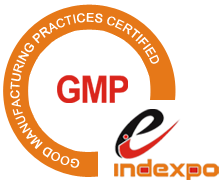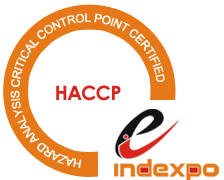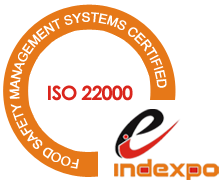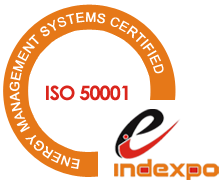Good manufacturing practices, a requirement for manufacturers of food items and other items to ensure good hygienic conditions to assure that the products are of acceptable hygienic conditions and required quality.
Benefits
- Improved food safety,
- Increased business awareness of food risks,
- Increase in trust in your business,
- Reduction in complaints,
- Costs reduced as chances of recalling the product are minimized.







